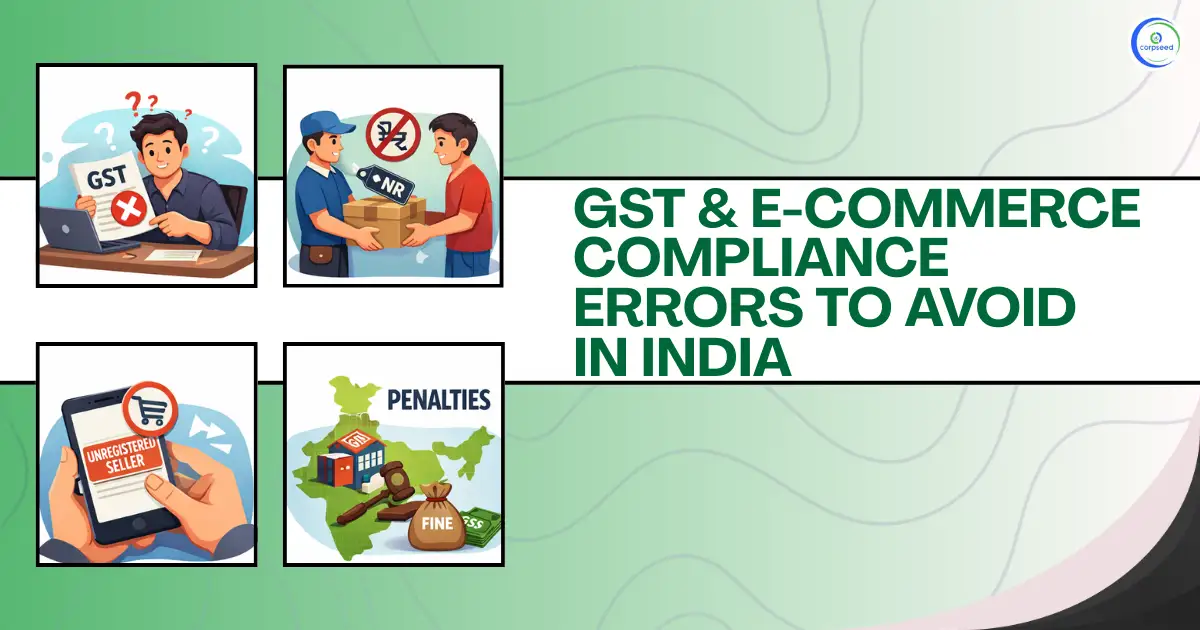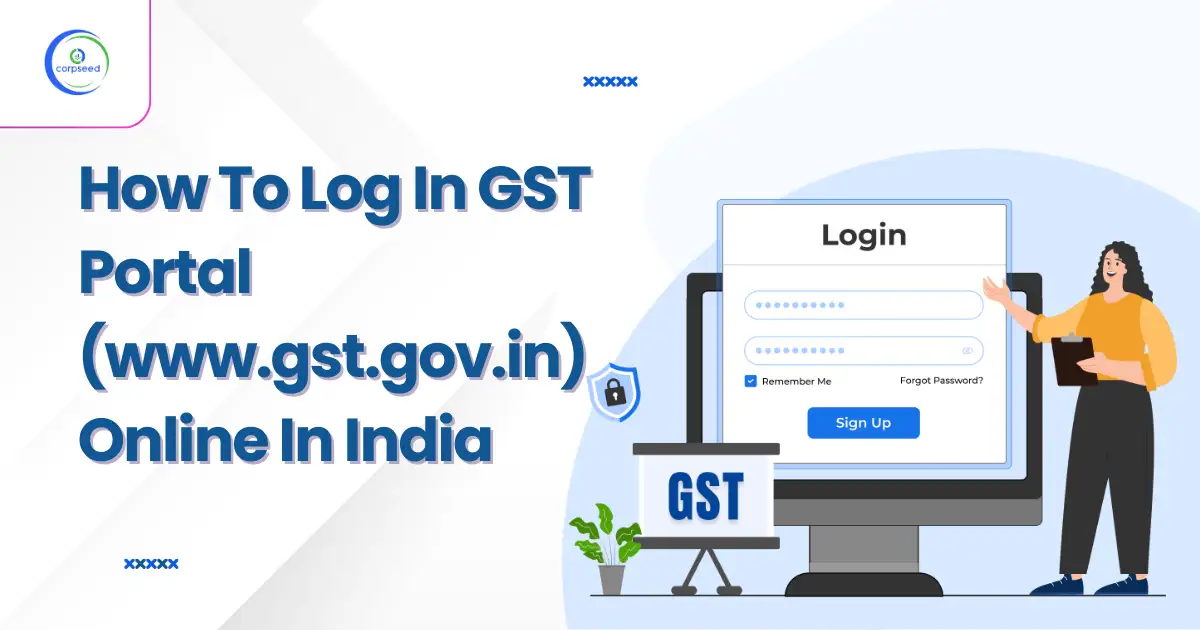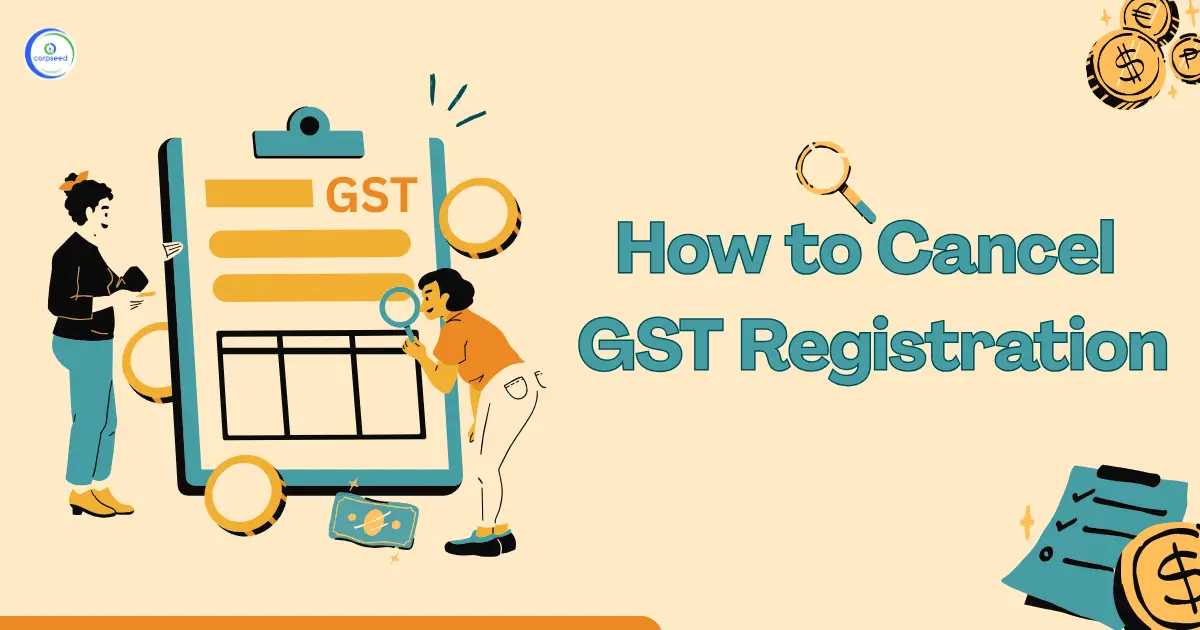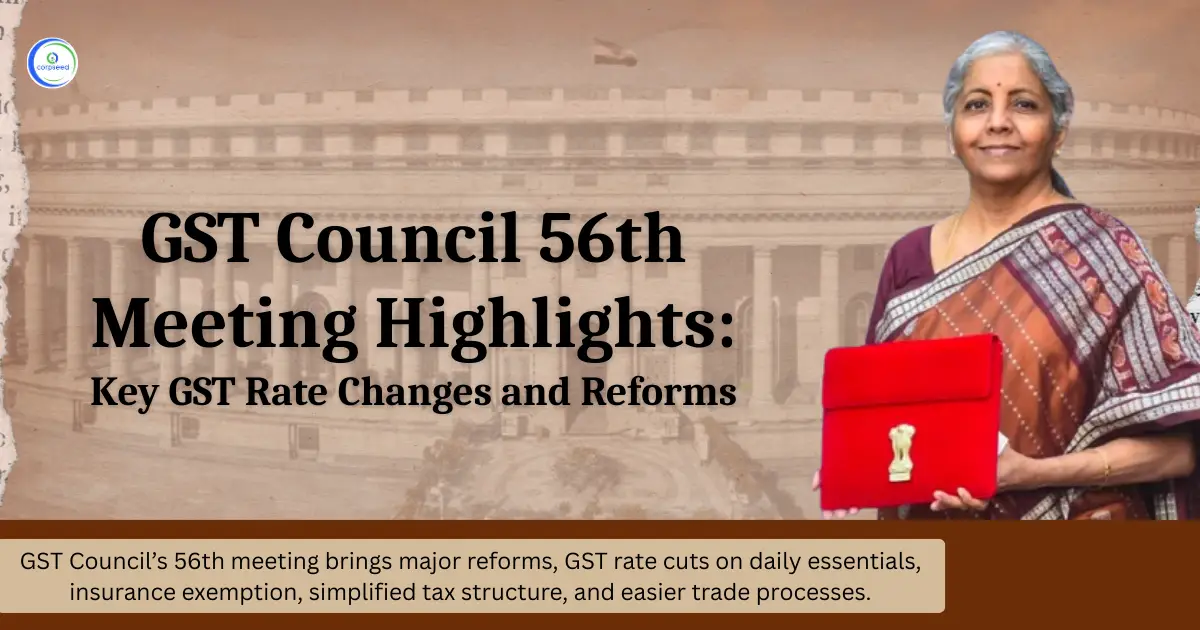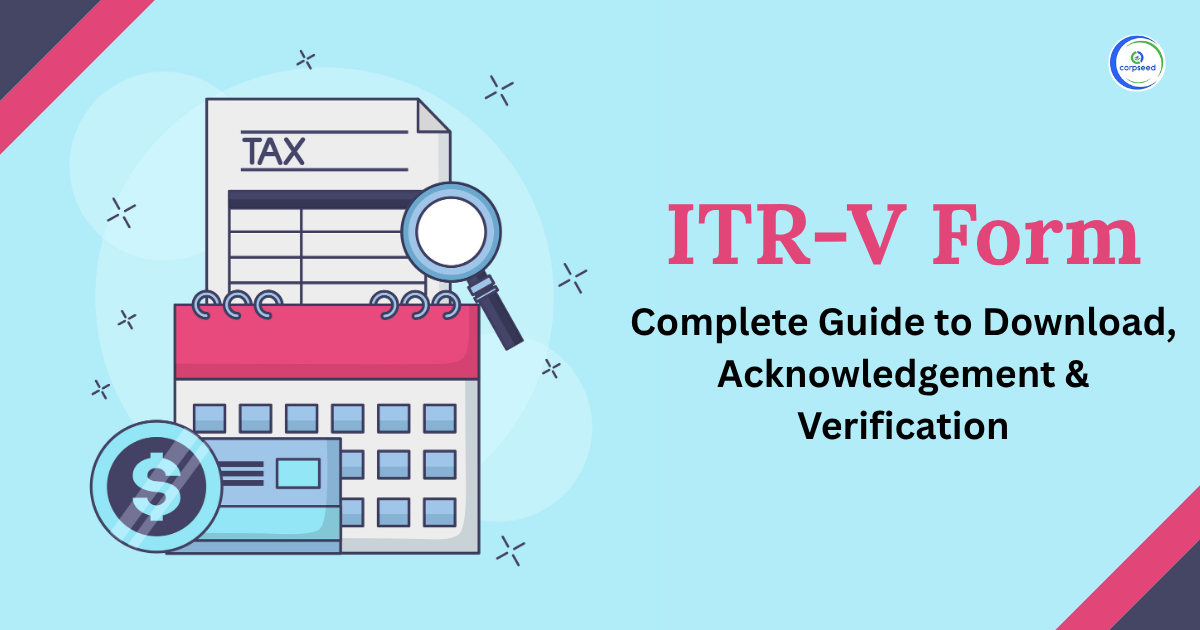What is The GST And How Does it Work?
The Goods and Services Tax (GST) is a tax that applies to both goods and services. It is an indirect tax that was implemented to replace a variety of other indirect taxes such as VAT, service tax, purchase tax, excise duty, and so on. GST is a tax applied in India on the supply of certain goods and services. It is a single tax that is imposed across the country.
Table of Contents
The Following is a Breakdown of How GST will work:
Manufacturer: The manufacturer will be responsible for paying GST on the raw materials purchased as well as the value added to the product.
Service Provider: In this case, the service provider must pay GST on both the price paid for the product and the value added to it. The manufacturer's tax, on the other hand, can be deducted from the total GST that must be paid.
Retailer: The retailer will be responsible for paying GST on both the product acquired from the distributor and the margin added. The retailer's tax, on the other hand, can be deducted from the total GST that must be paid.
GST must be paid on the product purchased by the consumer.
GST Varieties:-
The following are the four different forms of GST:-
- The Central Goods and Services Tax (CGST) is levied on intra-state product and service sales.
- SGST (State Goods and Services Tax) is a tax levied on the sale of goods and services within a state, similar to CGST.
- The Integrated Goods and Services Tax (IGST) is levied on interstate goods and service transactions.
- Union Territory Goods and Services Tax (UTGST) is levied on goods and services supplied in any of the country's Union Territories, including the Andaman and Nicobar Islands, Daman and Diu, Dadra and Nagar Haveli, Lakshadweep, and Chandigarh. The UTGST is imposed in addition to the CGST.
Who Qualifies for GST:-
The entities and persons listed below must register for the Goods and Services Tax:-
- Aggregators of e-commerce
- Individuals who work with e-commerce aggregators as suppliers
- Individuals that use the reverse change technique to pay their taxes
- Input service distributors and suppliers' agents
- Individuals who do not reside in the United States yet pay taxes
- Businesses with a higher-than-the-minimum-revenue threshold
- Individuals who registered prior to the implementation of the GST law.
GST Registration:-.
Any business that is GST-eligible must register on the GST site set up by the Indian government. GSTIN is a unique registration number assigned to each registered entity.
Registration is required for all service providers, purchasers, and sellers. GST registration is necessary for every business with a total income of Rs.20 lakhs or more in a financial year. The processing time ranges from 2 to 6 working days.
Advantages of the GST:-
The benefits of the goods and services tax in India are as follows:-
- The unorganized sector is regulated.
- E-commerce businesses are no longer treated differently.
- There are fewer complications.
- Scheme of composition
- The process of registering and filing returns is straightforward.
- Increased criterion
- Elimination of the tax-on-tax.
Types of GST Return:-
A GST return is a form that a taxpayer who is registered under the Goods and Services Tax (GST) statute must file for each GSTIN.
Did you know that the GST Rules specify 22 different types of GST returns? Only 11 GST returns are live, three are suspended, and eight are view-only. This article will give you more information.
In a nutshell, the number and types of GST return a business or professional must file is determined by the type of taxpayer registered. Regular taxpayers, composition taxable individuals, e-commerce operators, TDS deductors, non-resident taxpayers, Input Service Distributors (ISD), casual taxable persons, and others fall into this category.
The types of GST Returns are:-
- GSTR-1
- GSTR-2A
- GSTR-2B
- GSTR-3B
- GSTR-4
- GSTR-5
- GSTR-5A
- GSTR-6
- GSTR-7
- GSTR-8
- GSTR-9
- GSTR-10
- GSTR-11
What is GSTR-9 Return:-
GSTR-9 is the annual return that GST-registered taxpayers must file. According to GST rules, it must be submitted by the 31st of December of the year following the relevant financial year.
It includes a summary value of supplies reported under each HSN code, as well as details of taxes payable and paid for all outward supplies made and inward supplies received throughout the relevant financial year under various tax headings, such as CGST, SGST, and IGST.
It is a compilation of all GSTR-1, GSTR-2A, and GSTR-3B returns filed on a monthly or quarterly basis during that fiscal year. GSTR-9 is a form that must be completed by all GST-registered taxpayers.
Taxpayers who have chosen the composition scheme, casual taxable persons, input service distributors, non-resident taxable persons, and persons paying TDS under section 51 of the CGST Act are among the rare exceptions.
Note: The annual return under GST for taxpayers with an aggregated turnover of less than Rs.2 Crore has been made optional for FY 2017-18, FY 2018-19, and FY 2019-20, according to CGST notice no. 47/2019, as modified.
What Information Must be Entered Into the GSTR-9?
GSTR-9 is broken into six sections and 19 segments. Each section requests information that can be found in your previously filed taxes and books of accounts.
In general, this form requests information about annual sales, distinguishing between those that are taxed and those that are not.
On the purchasing side, the annual value of inbound supplies and the ITC earned on those supplies must be disclosed.
In addition, these purchases must be labeled as inputs, input services, or capital goods. It's time to submit the details of any ITCs that need to be revoked owing to ineligibility.
Annual Reporting
Annual reporting is generally the financial performance of a company and its strategic direction for that particular past year. Certain key metrics, financial statements, and insights into business operations, risks, and plans are part of this report.
GST Monthly & Annual Filling
With India's premier GST expert, get your GST registration completed quickly in no time. After registration under Goods And Services Tax (GST) Act, an individual can do business anywhere in India.
GST Audits
One nation one Tax, Goods and Service Tax Act, 2017 has major contribution on Government Revenue. It is indirect tax collected by service provider or trader from end users and deposited in account of Government.
This portion of the site is for informational purposes only. The content is not legal advice. The statements and opinions are the expression of author, not corpseed, and have not been evaluated by corpseed for accuracy, completeness, or changes in the law.
BOOK A FREE CONSULTATION
Get help from an experienced legal adviser. Schedule your consultation at a time that works for you and it's absolutely FREE.


